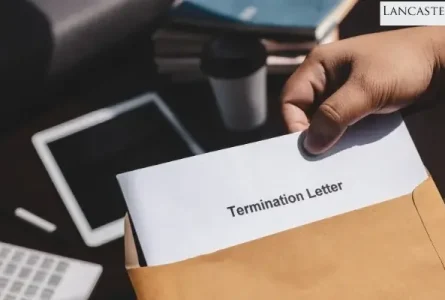Blog
Our Latest Blog
How a Child Support Attorney in Concord, NC Can Help You?
Wondering how a child support attorney in Concord, NC, can help you? Family law professionals can review the details of your case to know how to most effectively advise and…
Why You Need a High Net Worth Divorce Attorney in Concord, NC?
Divorce can be complex. But when substantial assets, business interests, and intricate financial portfolios are involved, the stakes rise. If you live in the area and are navigating a…
How to Choose the Best Divorce Attorney in Concord, NC?
Divorce changes your whole life. Proceedings can be emotionally and financially taxing. The right divorce attorney is crucial to navigating this challenging time effectively. This guide offers instructions on how…
How Are Investment Properties Divided in a Divorce in NC?
Divorce property division is rarely simple, especially when it comes to the division of investment properties like commercial real estate, vacation properties, and rental homes. As these assets are commonly…
Can You Disinherit Your Spouse in North Carolina?
Under N.C.G.S. § 30-3.1, if the spouse of a deceased is omitted from the will, they may still claim an elective share, which is a statutory right to get a…
Can You Move Out of NC Without Modifying Your Custody Agreement?
Relocating outside of North Carolina may be an opportunity for a fresh start. If you have an existing North Carolina child custody agreement, however, it is important to understand the…
North Carolina Child Support Laws Explained
Child support is the financial responsibility of a parent to reasonably provide for their child’s needs, including food, shelter, health, education, and other needs. North Carolina, much like other states,…
How to Avoid Paying Alimony in North Carolina?
When a couple seeks divorce, there are a number of financial factors that must be sorted out, including who pays child support, how the assets and property will be divided,…
Can I Protect My Pension in A Divorce in North Carolina?
If you are navigating a divorce, you likely have questions like, “Can I protect my pension in a divorce in North Carolina?” It’s normal to worry about protecting your assets…
Understanding Termination of Parental Rights (TPR) in North Carolina
Biological parents automatically have parental rights to their children, giving them the ability to make decisions for a child who is biologically theirs. However, a parent’s rights may be taken…
How Much Does a Divorce Cost in North Carolina?
No one enters a marriage thinking that one day, they will file for divorce. When the marriage is no longer sustainable, and one or both parties move to dissolve the…
Do grandparents have custody and visitation rights?
Divorce has a ripple effect on other relationships aside from the soon-to-be ex-couple. It also disturbs the bond between grandparents and their grandchild. However, North Carolina courts often favor natural…
Understanding child time-sharing in North Carolina
Child time-sharing plays a crucial role in the lives of parents and their children in North Carolina. This legal arrangement determines how parents share the responsibilities and time spent with…
Is your court-ordered equitable distribution modifiable?
Finalizing your divorce is a feat in itself. But with property division being inherently contentious, you could feel unsatisfied with the trial court’s final decision regarding what they deem as…
Co-parenting when you live in another state
Coordinating schedules, activities and trips can be a headache even when parents live in the same state. However, co-parenting can take on another level of difficulty when your ex and…
















